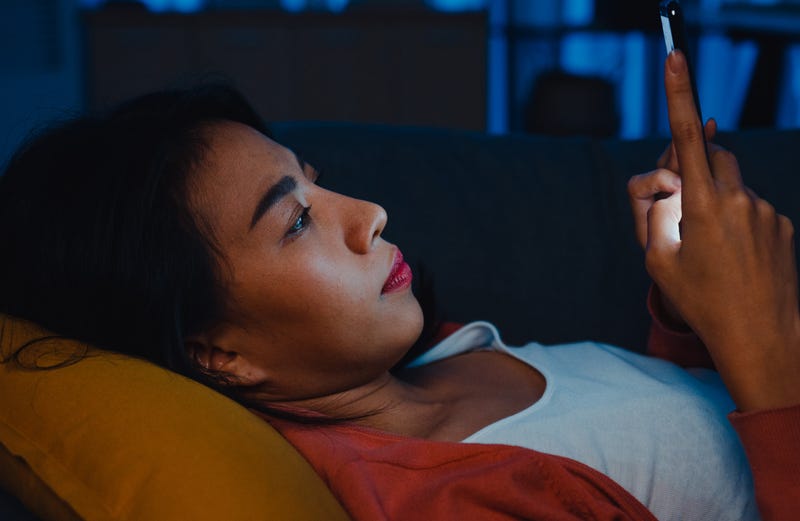
Some of the country's top sleep experts are headed to Minnesota as part of the Nobel Conference this week as they weigh in on how to get better sleep.
University of Pennsylvania Neuroscience Professor Amita Sehgal is currently researching circadian rhythms with the common fruit fly as her unlikely research subject.
"I think there is a lot of conservation from what we are finding in the animal models to the human world, and for us that keeps us going because we know that what we're doing in the fly is, you know, likely to be relevant," Sehgal tells WCCO Radio.
Its all apart of the "Sleep, Unraveled" Nobel Conference set to take place this week at Gustavous Adolphus College in St. Peter, Minnesota. Professor Sehgal says the research has given her some insight on getting better sleep.
"Stick to a regular schedule, stop eating three hours before you go to bed, and lower the temperature of the room a bit," Sehgal explains.
She adds that keeping your bedroom as dark as you can can go a long way.
With daylight saving time only a few weeks away, sleep experts say now is a good time to practice some of these things to achieve better rest. Sehgal says the daylight saving time system can interfere with your sleep-wake cycle and lead to all sorts of side effects.
"Those of us who work at circadian rhythms will tell you that it's not a good idea to be shifting your clocks twice a year because it's disruptive," says Sehgal. "And you know, you should be aware that everything in your physiology and your body cycles, not just sleep. It's also your blood pressure, your body temperature, your glucose, cholesterol, I mean, you name it."
Sehgal says instead of ignoring the time change, it maybe wise to ease into the schedule ahead of time.
Daylight saving time is set to begin this year on the morning of November 3.
According to the CDC, chronic sleep deprivation is an issue for 70 million Americans. Insomnia is linked to a variety of problems, including obesity and heart disease.
Professor Sehgal and others from around the country will present at the the "Sleep, Unraveled" Nobel Conference at Gustavus Adolphus College Tuesday and Wednesday. The Nobel Conference is free and open to the public.
Since 1965, the Nobel Conference has been bringing leading researchers and thinkers to Gustavus, to explore scientific issues and the ethical questions that arise alongside them. It is the only event in the United States authorized by the Nobel Foundation in Stockholm, Sweden to use this name.
